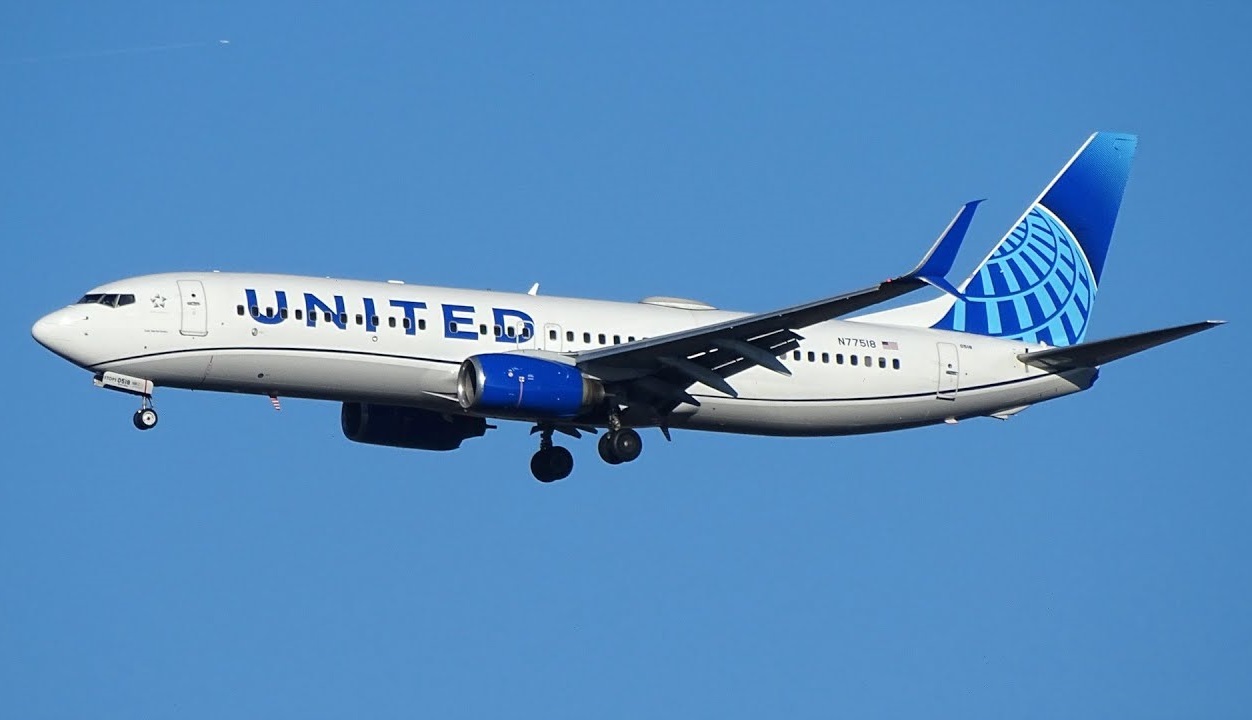Commercial passenger airlines from Vietnam, Thailand and Malaysia have joined airlines from the United States and South Korea. They are submitting flight plans to Chinese authorities in connection with the new air defense identification zone set by China last month.
Because of security concerns they are in complying with Beijing’s request in the event their aircraft pass through China’s newly declared ADIZ.
The move is causing concern in Japan, which is in danger of becoming isolated as the lone holdout requiring its domestic airlines not to submit flight plans to Chinese authorities.
“Since before the new ADIZ, we have always submitted our flight plans to China when our aircraft travel through the Chinese air traffic control airspace,” an official from Vietnam Airlines said. “It’s the same as we do with other countries.”
Vietnam is currently in a dispute with China over sovereignty of the Spratly Islands in the South China Sea. China calls the islands Nansha.
On its official website, the Vietnamese Foreign Ministry initially said it was deeply concerned about the ADIZ. However, it later changed the description and said Vietnam will heed the Chinese request.
Thai Airways International, which operates 76 flights to seven Japanese airports each week, said that it is submitting flight plans when necessary.
“We are securing flight safety by notifying the Chinese authorities that our flights are not hostile,” a Thai Airways official said. “This is a step in compliance with an international rule.”
Malaysia Airlines said it is a matter of course for airlines to comply with notices issued by air traffic control authorities of other countries.
“If planes make detours to avoid the (Chinese) ADIZ, operating costs will increase,” an official of an airline said. “The ADIZ is a military issue. It has no relation to the private sector. China set the ADIZ to keep Japan in check. Commercial planes of third countries will not face dangers.”
A Japanese government official said the decision by airlines of the three Southeast Asian nations to join their counterparts in the United States and South Korea in submitting flight plans was purely due to safety concerns.
“They probably feared they would be criticized by passengers for neglecting their safety duties if an accident took place,” the official said.
Meanwhile, at a Dec. 13 news conference in Tokyo, Japanese Foreign Minister Fumio Kishida said that Japan’s position is not at odds with that of the other countries.
“No (officials) in the United States or South Korea are instructing private airlines to submit their flight plans (to Chinese authorities),” Kishida said.
Japanese airlines are refraining from submitting flight plans to China in response to a request from the Japanese government.
Asked about the possibility of a Japanese commercial aircraft being pursued or attacked by a Chinese military jetfighter, Kishida said: “China said it will not jeopardize the safety of commercial flights. There is no possibility that such an unexpected contingency could take place. Nor must it take place.”
Meanwhile, the Chinese National Defense Ministry said Dec. 13 that China’s decision to establish the new ADIZ is not connected to the dispute with Japan over sovereignty of the Senkaku Islands in the East China Sea.
“The ADIZ has nothing to do with current regional circumstances,” the ministry said in a written interview with The Asahi Shimbun. “We reached the announcement (of the ADIZ) by comprehensively examining the Chinese military forces’ capabilities and making sufficient research and preparation.”
WHAT TO TAKE AWAY FROM THIS ARTICLE:
- A Japanese government official said the decision by airlines of the three Southeast Asian nations to join their counterparts in the United States and South Korea in submitting flight plans was purely due to safety concerns.
- 13 that China's decision to establish the new ADIZ is not connected to the dispute with Japan over sovereignty of the Senkaku Islands in the East China Sea.
- The move is causing concern in Japan, which is in danger of becoming isolated as the lone holdout requiring its domestic airlines not to submit flight plans to Chinese authorities.






















